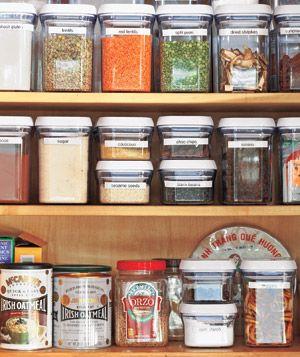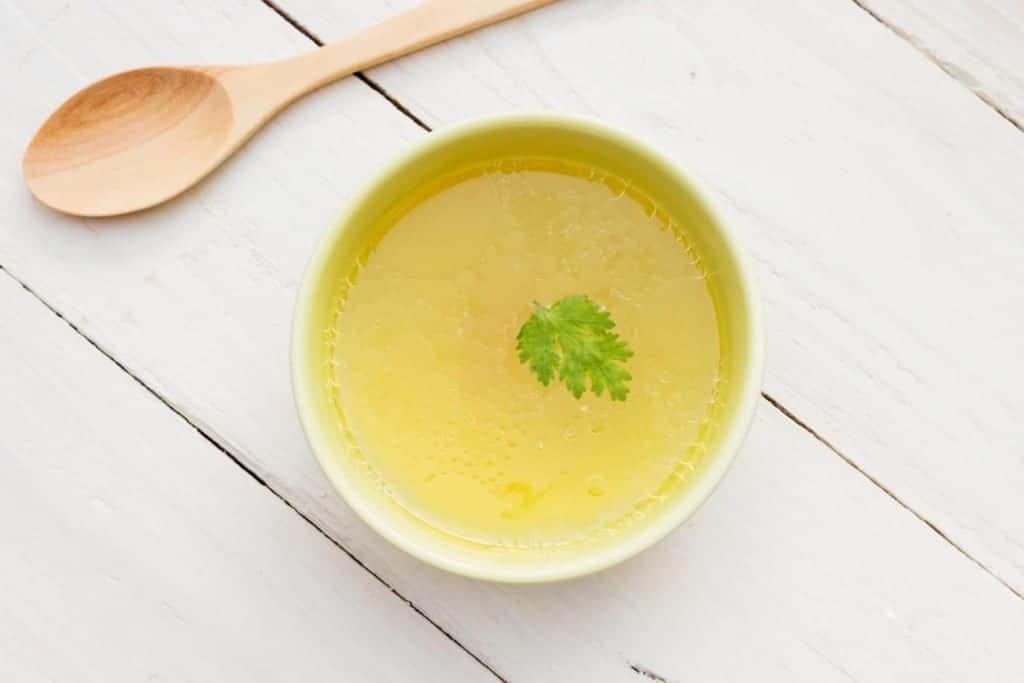IBS Food Triggers
Most people suffer from bouts of diarrhoea and constipation, gas, and cramping from time to time, but for people who suffer from Irritable bowel syndrome or IBS these conditions may seem like a way of life. There are various contributing factors for IBS, like food intolerances, SIBO, parasites, histamine inflammation symptoms, a history of gastroenteritis or food poisoning and stress is certainly a factor, but until you can work with someone to find the causes you can remove the trigger foods that make your symptoms worse. While different people will find that different foods trigger bouts of diarrhoea, constipation, bloating, cramps and abdominal pain, there are some foods that commonly affect people suffering from this condition. Here is a look at some of these foods, and how they affect people with IBS.
Dairy Products
Many people with IBS are adversely affected by dairy products, especially milk. While it is often the lactose in these foods that causes bouts of diarrhoea or constipation (lactose intolerance), the fat content of these foods can also be a trigger. Then there’s the casein and whey proteins that dairy foods contain that also negatively affect some people with IBS symptoms. Dairy foods can also be quite difficult to digest, making some symptoms of IBS last even longer.
Sugars And Artificial Sweeteners
Sugars and some artificial sweeteners like xylitol feed the ‘bad bugs’ in the gut. These bacteria then produce gases (eg hydrogen & methane gasses produced is SIBO is present) that cause the discomfort and bloating or that ‘pregnant belly’ feeling. This not only includes the sugar you use in coffee or on cereal (table sugar), it also includes the sugars in fresh fruits (fructose) and some vegetables, honey and natural sweeteners and other grains and grain products.
Wheat & Grain Products
Wheat based products can cause problems either because of their FODMAP content or because of the gluten. The simplest way to tell which of these is the problem is to see if you can tolerate either spelt or sourdough products. If you can then it's likely a FODMAP issue and if these products also cause you problems you are likely to have an issue with gluten. Either way the solution is the same, remove all of these foods from your diet while you work with someone that can help you identify what's going on and if you'll be able to bring these foods back in at some stage or keep them out of your diet.
Beans and Other Legumes
Another food that is normally considered healthy that may be anything but for those suffering from IBS is beans and other legumes. These sources of low fat proteins often results in extreme gas, bloating and cramping for people with Irritable Bowel Syndrome. Some suffers of this condition can have cramping and bloating for hours and even days after eating a single serving of beans, lentils, or peanuts.
Alcohol
Not surprisingly, people who suffer from common symptoms of IBS find it best to avoid alcohol of any kind. Not only does most alcohol contain sugars, but beer and other alcohols are also made from fermented grains and yeast which can irritate IBS symptoms. A night of drinking can leave the IBS sufferer spending the next day in a great deal of pain and unable to function.
Raw, Cruciferous & High FODMAP Vegetables
Eating raw vegetables as well as cooked vegetables such as savoy cabbage, mushrooms, cauliflower, asparagus, onions and garlic can result in gas and bloating as well for those with IBS. Try avoiding these high FODMAP vegetables for a while and see if they are a trigger for your IBS symptoms.
When changing your diet to manage your IBS symptoms aim to choose foods that are easy to digest, and aren’t one of your trigger foods. If you’re struggling to identify which foods trigger your symptoms then book in for a FREE Help with IBS Strategy Session to see if my Gut Fix program is suitable. It's important to not remain on a restrictive diet long-term, you need to go through the steps to rebalance your gut and create a happy, healthy microbiome for sustainable results.


